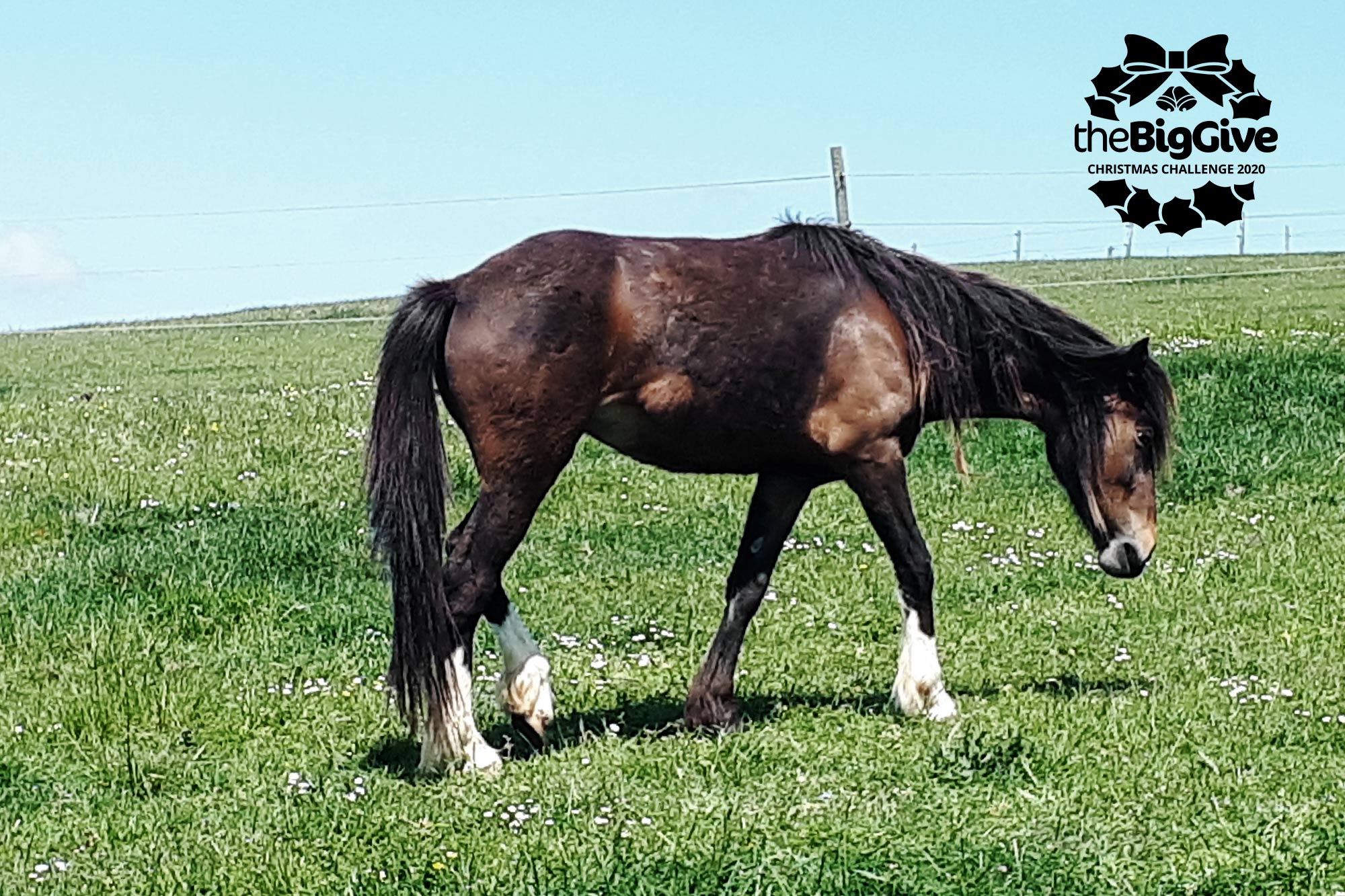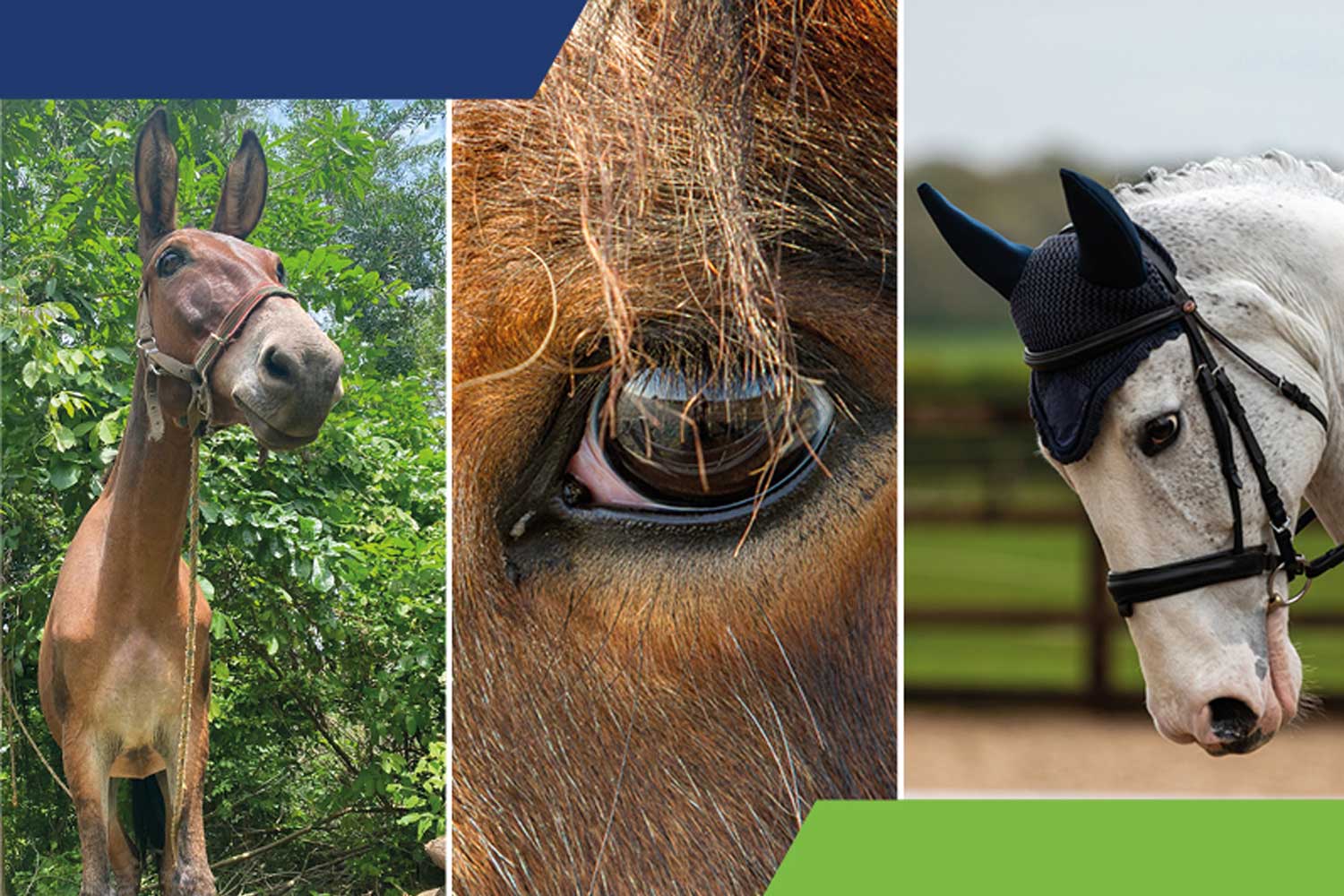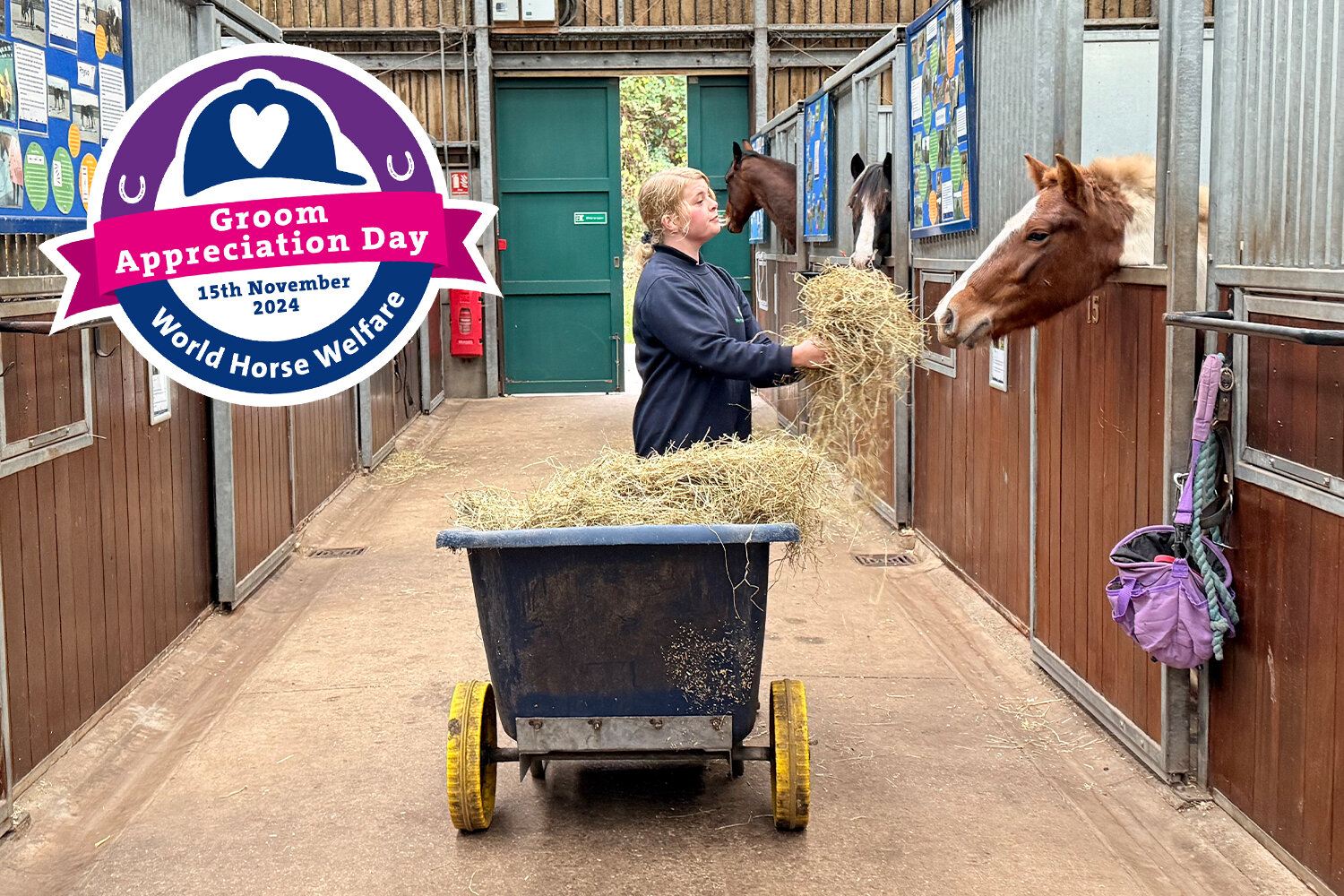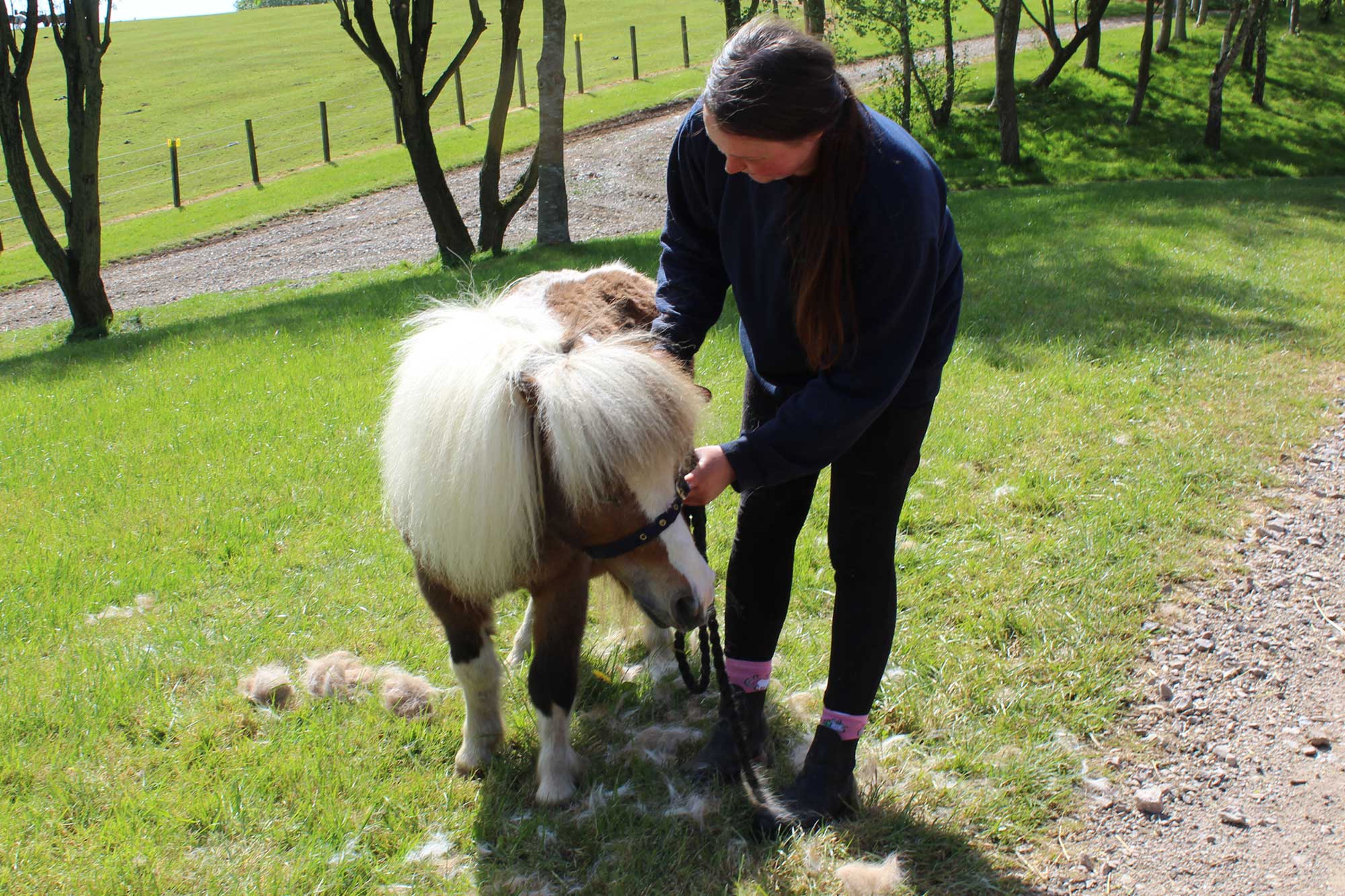New documentary highlights climate change threat to lives of farmers and their horses in Senegal
Millions of people in Senegal’s scorching deserts depend on working horses for their survival.
Posted on 06/06/2024

As UN Secretary General António Guterres this week states that the world is playing “Russian roulette” with the future of the planet after twelve straight months of record temperatures, we launch a new documentary highlighting the lived experience of a the nomadic Peule people in Senegal.
Over one million working horses*, vital to the livelihoods of millions in this West-African nation, are struggling to find food and water due to drastic changes in weather patterns. In response, we are expanding our efforts into Senegal’s rural sylvo-pastoral zone, aiming to improve the welfare of these essential animals and, by extension, the communities depending on them.
Climate change has drastically altered the environment in Senegal. The shortening rainy season forces families to travel longer distances in search of food and water for their horses, who are crucial for transporting goods and people. This situation is particularly severe for the Peule, a nomadic community who rely on seasonal movements for grazing, known as transhumance. The increasing length and frequency of these journeys are disrupting children’s education and making it difficult to find sufficient grazing land.
Our brand-new documentary which launched on Friday 7 June highlights the challenges the climate emergency has exacerbated and what we are doing to help. We follow two families forced to travel for months, seeking grazing land, which has become insufficient.
The film provides an intimate insight into how distinct changes in weather patterns are severely impacting the Peule’s living conditions, their children’s education, the health of their livestock and the welfare of their equids, which are imperative to their survival.
“In the last five years it seems to be raining a bit more, but with unprecedented heat; it’s excessively hot.” He goes on to describe the effect this has had on his family, “We can’t describe how hard transhumance is. If we had what we needed, we’d stay here, feed the herd and then sell the cattle and milk, and our children could go off to school in peace. Transhumance is not compatible with studying at school.”
Local Peule farmer Aboubakry Sow, describing the drastically changing climatic conditions
“Without horses, life would be hard, not to say impossible because we wouldn’t be able to move. When we talk of transhumance, it’s because, first of all, there are horses. If a farmer can make a living from his livestock, it’s because of the horse. Leaving your village and going hundreds of kilometres away requires the work of horses.”
Fatima Ka, a working mother and grandmother, emphasising how important horses are to their way of life
Since 2009, we have been working in Dakar, Senegal’s capital, and its suburbs providing essential skills and resources to horse owners. These efforts have significantly improved the lives of their horses and now we are expanding into rural areas, working closely with local communities to implement sustainable solutions for equine welfare.
Abdoulaye Thaim is World Horse Welfare’s National Coordinator in Senegal, working with communities to create sustainable change for working horses. He has already seen the amazing transformation these changes have made to the lives of working horses near his home city of Dakar.
“Horses have been part of the Peule’s lives for generations, but they have never been as important as they are today. They cherish their working horses and donkeys because they have made life better for their children and their survival depends on these hard-working animals. Whole families depend on horses for their very survival, but they are watching them starve.”
Abdoulaye Thaim, World Horse Welfare’s National Coordinator in Senegal
By donating to our Senegal appeal, supporters can help improve the lives of working horses in Senegal and the communities that depend on them through the vital work World Horse Welfare is doing.
*horses here relates to all equids – horses, donkeys, mules etc
Topics
Related News

One donation to help horses like Chelsea can have twice the impact
Donate during The Big Give Christmas Challenge and your gift will be doubled.

Bids are open for World Horse Welfare’s World Horse Trail Sculptures
Interested in getting your hands on one of the stunning World Horse Trail sculptures? Don't miss this opportunity!
Recommended Blog Posts

Empathy, education, and evidence: the take-home messages from our 25th annual conference
Find out how an international line up of speakers explored “When does use become abuse?”.

Meet some of our often-unsung heroes on Groom Appreciation Day – Emily at Penny Farm
"It’s an amazing opportunity to give horses like these a second chance in life so they are loved and cared for."

Ever wondered what a day in the life of a World Horse Welfare groom is like? Read on to find out!
Groom Lauren has been a member of the Penny Farm Rescue and Rehoming Centre since 2015 – find out how her day pans out during lockdown.
Enjoy reading stories like this?
Join over 65,000 other horse lovers and sign up for our email newsletter

Join over 65,000 other horse lovers and sign up for our email newsletter
Sign me up now